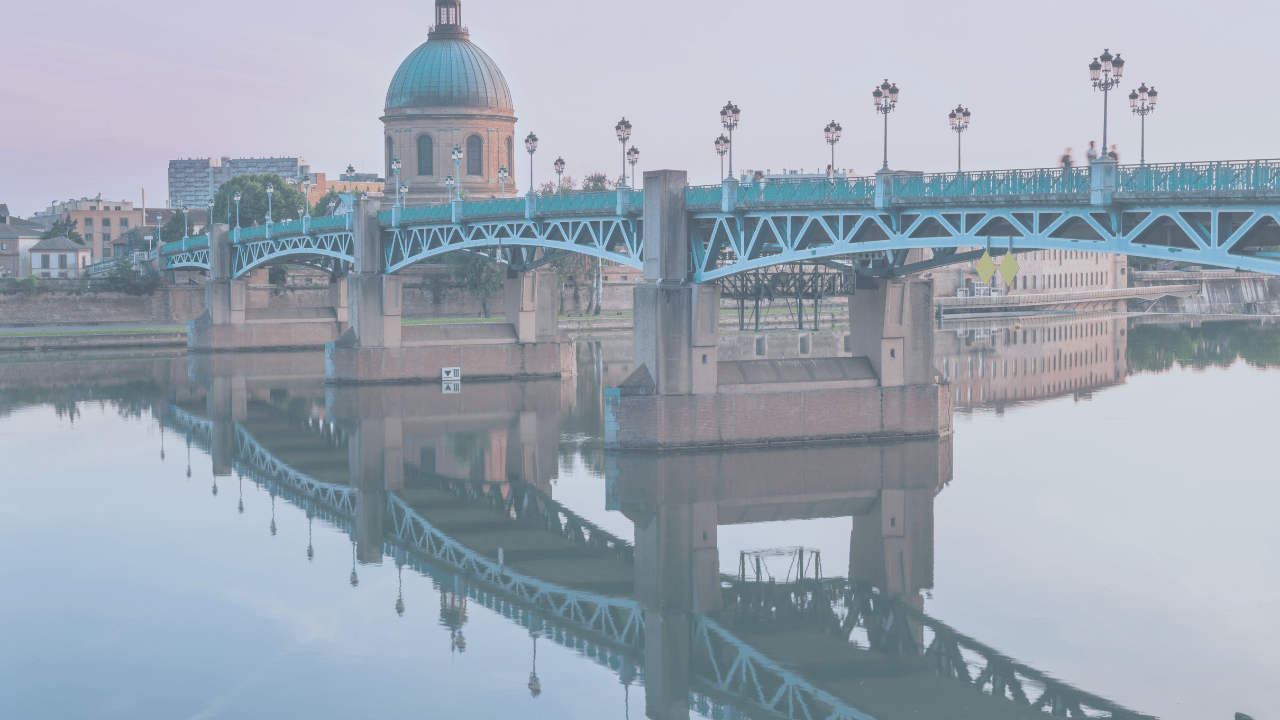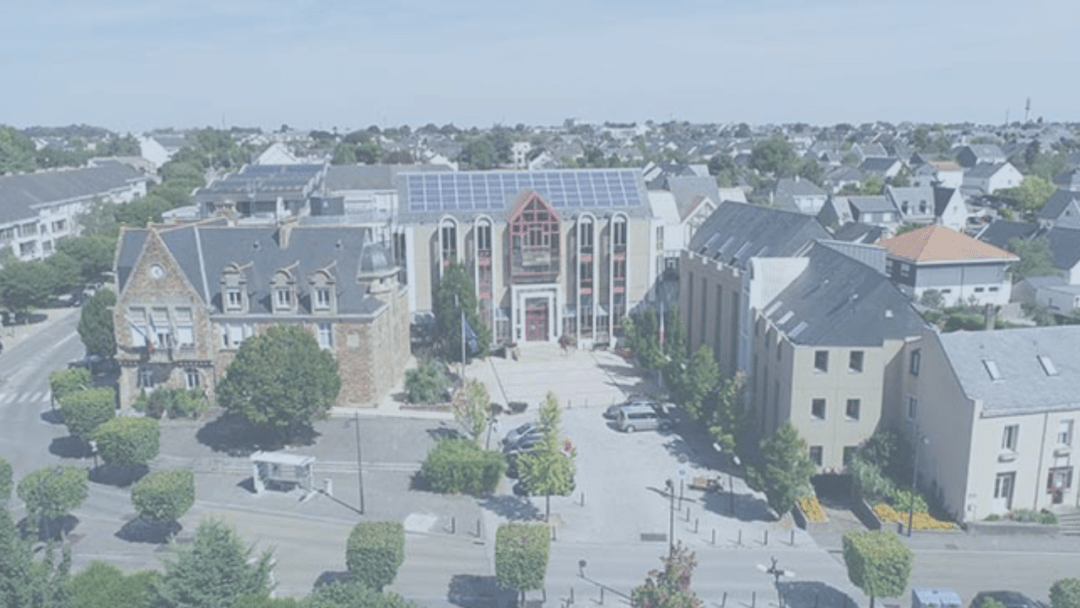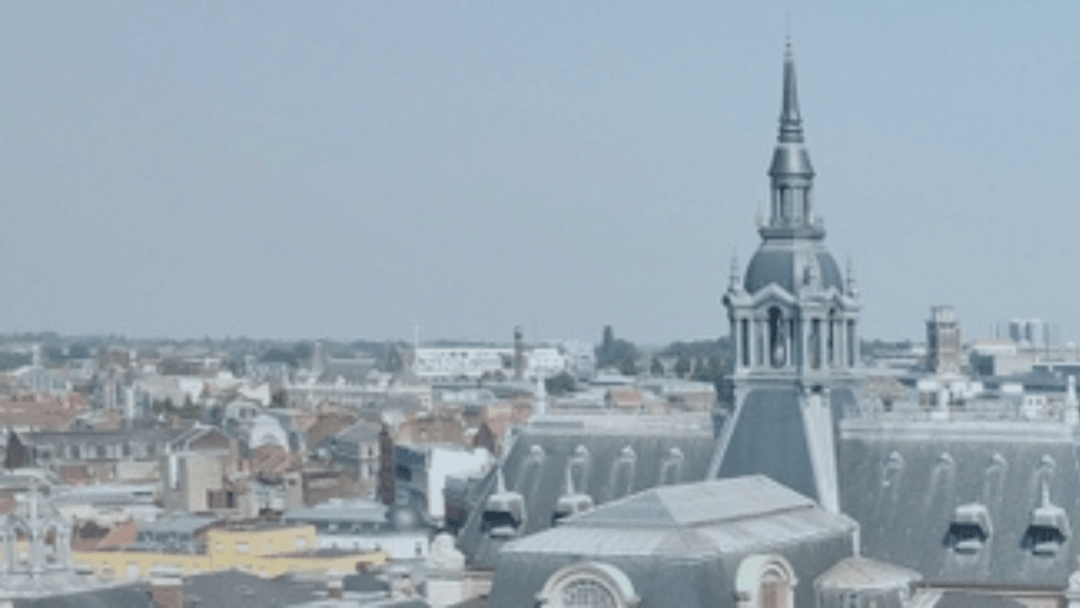General Information:
| Population: 504,078 (2021) |
| Country: France |
| Official Website |
| Security & Prevention |
The City and Efus
- Member since 1993

| Population: 504,078 (2021) |
| Country: France |
| Official Website |
| Security & Prevention |

General Information: Population: 49,537 (2021) Country: France Official Website The City and Efus

General Information: Population: 134,780 (2022) Country: France Official Website The City and Efus

General Information: Population: 98,892 (2021) Country: France Official Website The City and Efus

Rotterdam, Netherlands, 11 September 2024 – Representing the European Forum for Urban Security (Efus), Elizabeth Johnston, Executive Director, joined Rotterdam’s outgoing mayor, Ahmed Aboutaleb, who is stepping down after…